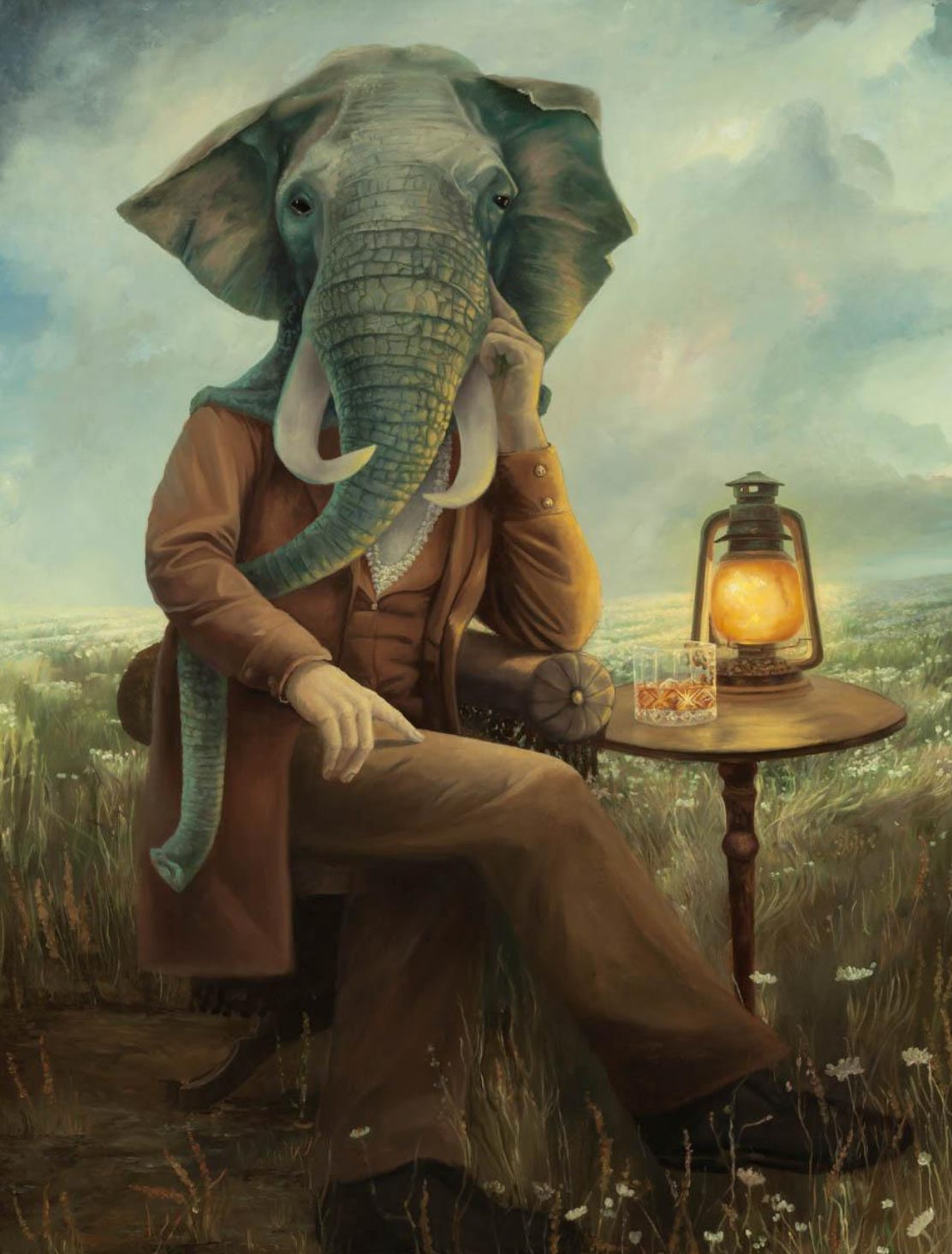When Substack launched a few years ago and made it easy for a noob like me to start a newsletter, I figured I had nothing to lose. I thought of myself as a writer, but I could list on one hand those who had read more than a hundred words I’d written—
College professors (bro, existentialism is so deep!), ex-girlfriends (forgive me?), tech clients (I Want …
Keep reading with a 7-day free trial
Subscribe to Deep Fix to keep reading this post and get 7 days of free access to the full post archives.




